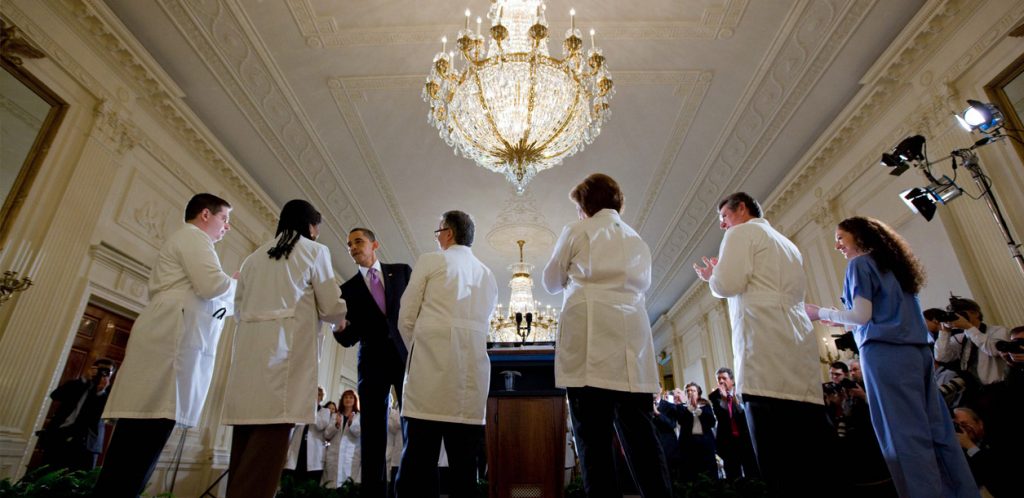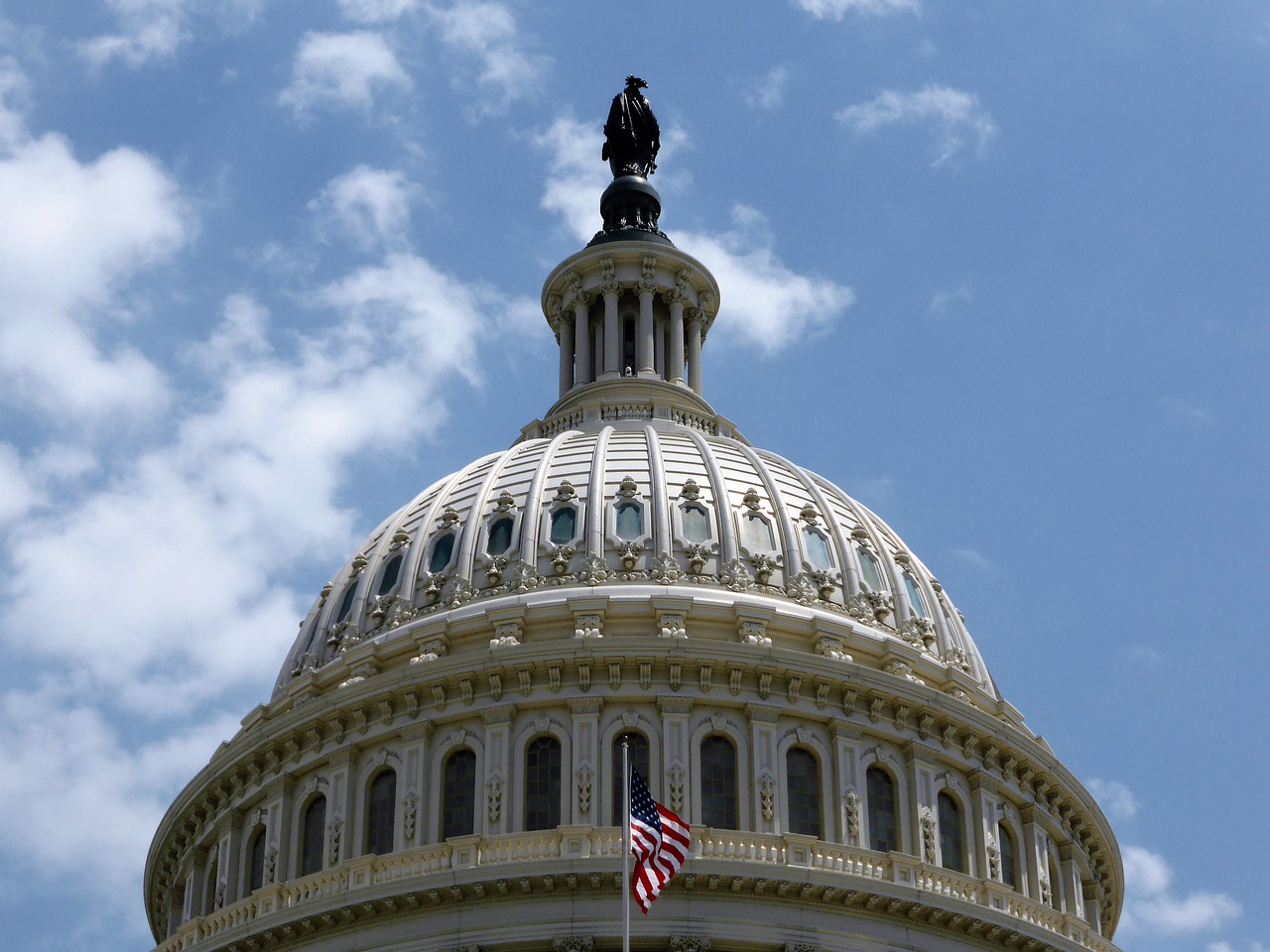‘Medicare for All’ Gaining Nationwide Popularity
In the wake of the recent political fight against Congress’ proposed laws to weaken and repeal the Patient Protection and Affordable Care Act of 2009, also known as the Affordable Care Act or Obamacare, as well as potential cuts to other government funded healthcare programs, the idea of universal healthcare is gaining traction nationwide in latest public polling.
According to a recent March study conducted by the Kaiser Family Foundation, a non-partisan health policy think tank, 59% of American adults support a ‘Medicare for All’ government-funded single payer healthcare system, where the federal government is the sole insurance provider for all known healthcare costs. 38% were opposed, and 3% did not know or refused answer. With partisan affiliations being taken into consideration, 75% of Democrats support ‘Medicare for All’ single payer system, 58% of independents were in favor, and 36% of Republicans were supportive.
While public support for single payer healthcare is gaining majority traction, there was larger support for a voluntary ‘Medicare for All’ public option with 75% in favor, 20% in opposition, and 5% did not know or refused to answer. A ‘Medicare for All’ public option to compete with private health insurance also has higher approval from across the partisan divide with 87% of Democrats, 74% Independents, and 64% of Republicans support the policy proposal.
The idea of universal healthcare that is both accessible and affordable for nearly every American has recently been increasing in actual governmental policy. In September of 2017, Bernie Sanders introduced a Medicare for All bill in the Senate with Elizabeth Warren, Corey Booker, Kamala Harris, Tammy Baldwin, Mazie Hirono, and Kirsten Gilibrand as co-sponsors.
On Wednesday, Senators Chris Murphy of Connecticut and Jeff Merkley of Oregon introduced a bill in the Senate that would allow Medicare to become a public option for those who currently do not qualify for either Medicare and Medicaid as well as for those who do not like their own private insurance plans.




